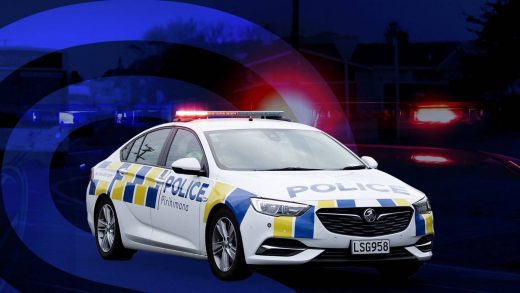
Ross Giblin/Stuff
Wellington public transport is set to get cheaper and easier, with plans for greater discounts during off-peak hours, free travel for children on weekends up for debate around the regional council table. (File photo)
Public transport in the capital is set to get cheaper and simpler, as Wellington’s regional council overhauls its fare system.
On day one of a two-day meeting of a Greater Wellington Regional Council subcommittee discussing future fares, local residents, elderly and disability advocates gave their views on the proposed changes on Wednesday.
The changes, such as offering a greater discount for off-peak hours, free travel for children on weekends, were intended to encourage greater use of public transport .
There were repeated calls from submitters for public transport to be easy to use, frequent and reliable, including more regular off-peak services, extended routes and extended hours.
READ MORE:
* ‘Golden opportunity’ to trial free bus fares, Bay of Plenty Regional councillors say
* What is a fair public transport fare – especially for the climate?
* Increase in Wellington’s bus, train fares on cards, out of step with rest of country
After years of dual ticketing across the network, with Snapper on buses and paper ticketing on trains, the regional council’s public transport arm, Metlink, is in the process of rolling out Snapper on the metropolitan rail network, due to be completed late this year.
Public consultation on a new fare system to match ran from June 17 to July 15, and 1148 individual submissions were received.
MONIQUE FORD/Stuff
Metlink is in the process of rolling out Snapper on all lines of the metropolitan rail network after a trial on the Johnsonville line, due to be completed in late 2022. (File photo)
Budget 2022 allowed half-price fares for all users for a limited time. The scheme, originally set to end in August, was recently extended until January 31 and half-price fares for Community Service cardholders will be permanent from September.
According to the council’s summary of feedback, a “substantial number of respondents” wanted fares to be even cheaper, or free, for Community Services cardholders. There was also support from “a considerable number” for all public transport to be free, for every user, citing emissions reduction and more liveable cities.
One submitter, Nikau Wi Neera, said, in an ideal world, fares would be free for everyone, starting tomorrow. Regional council chair Daran Ponter responded that the infrastructure – trains, tracks and stations – wasn’t there to support the growth that would create.
“I think [an infrastructure deficit] will exist no matter what fare structure we choose to go with,” Wi Neera said.
Ross Giblin/Stuff
Some respondents to the proposed changes believed the council should focus on service reliability rather than cheaper fares. (File photo)
Opposition to changes was generally based on concerns around how they would be funded, fairness, and concerns that prices for full-fare users would end up higher to balance costs.
Submitter Tony Randle said there was “no such thing as a free lunch. Someone’s got to pay for that bus or train to turn up. What you’re really deciding is who’s going to pay.”
Respondents also expressed apprehension about the ability of the public transport system to cope with increased capacity, while others were concerned with the impact of the changes on ratepayers and believed the council should focus on service reliability rather than cheaper fares.
The meeting continues on Thursday. The committee will agree on its recommended changes before reporting to the wider council on August 25.


